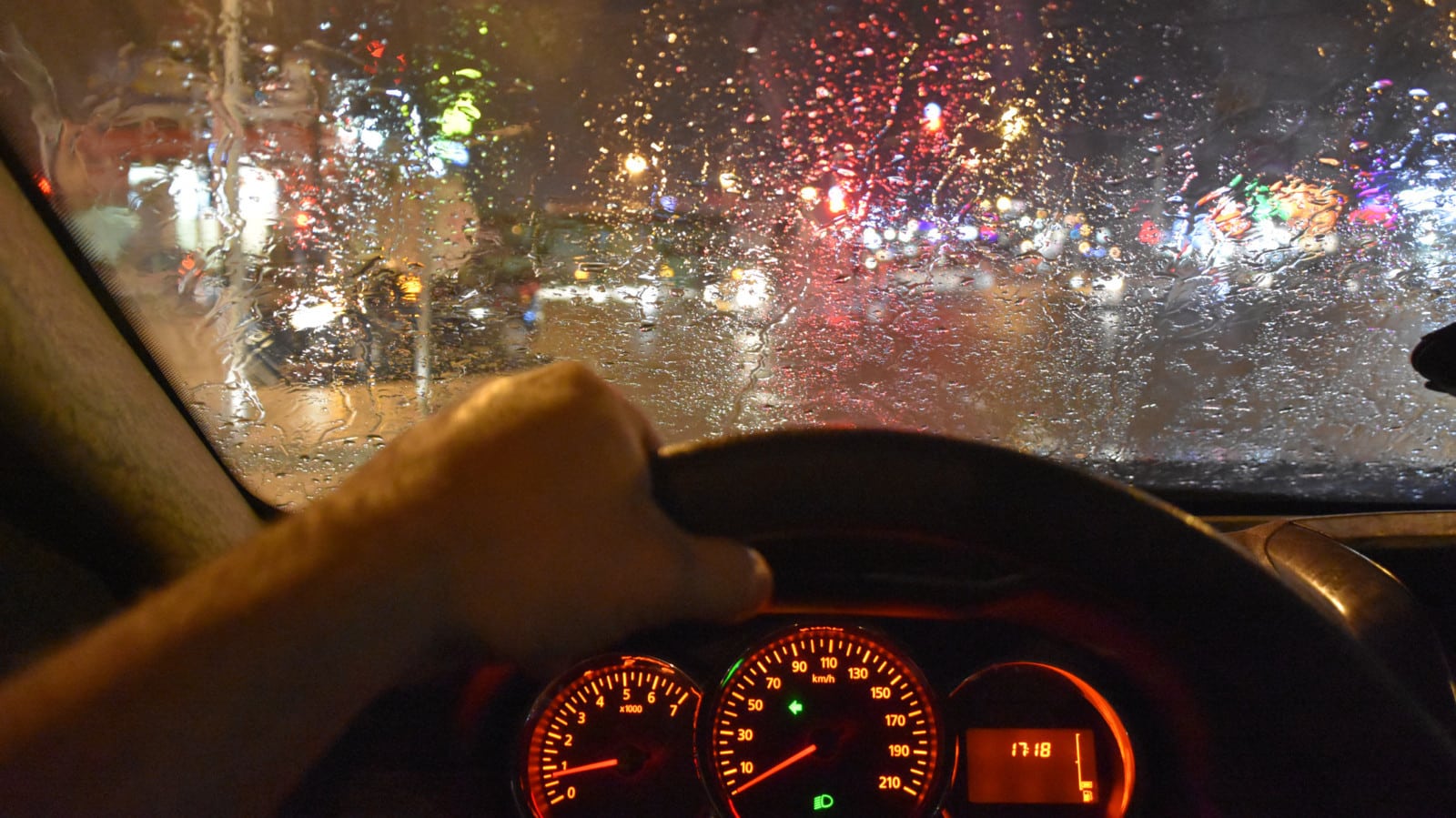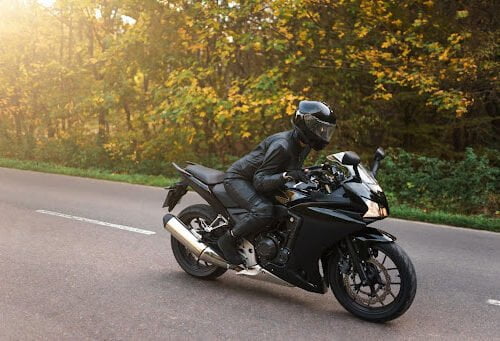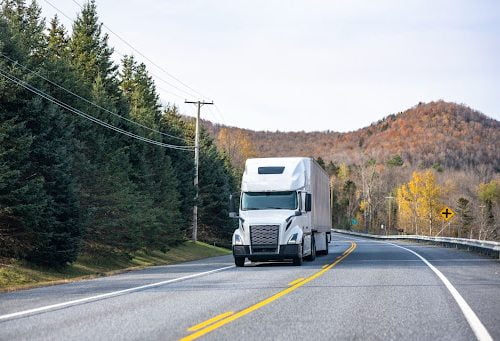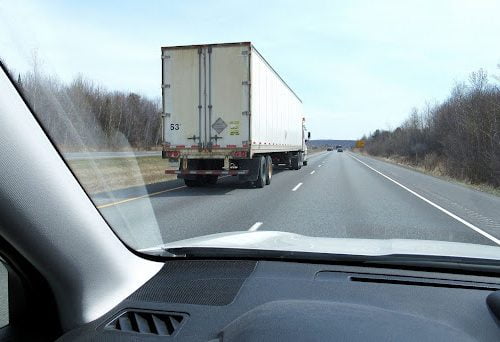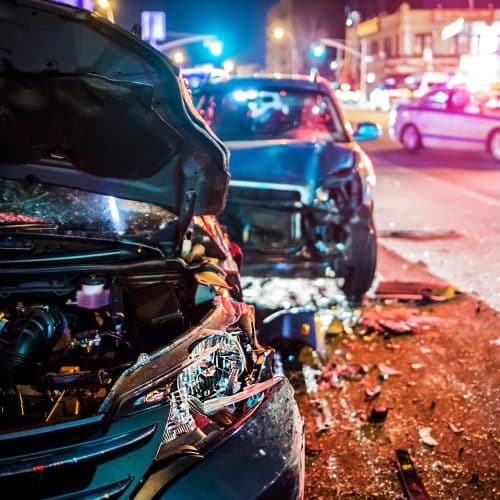AAA Foundation reports that 21 percent of the traffic accidents each year occurred during adverse weather conditions and/or adverse roadway surface conditions. That number totals approximately 1,179,253 accidents annually. During winter months, road conditions in Massachusetts can quickly become treacherous when weather conditions change.
It is important to know how to drive in foggy, snowy, rainy, and icy conditions. Below are several tips that can help you reduce the risk of a traffic accident in harsh weather:
- Slow down! It can take much longer to come to a complete stop when the roads are slick. Speed limits are set for optimal driving conditions. Poor weather conditions may require you to drive much slower than the posted speed limit.
- Make sure to turn your headlights on low-beam. Using the low-beams can help you see better, but also increase your vehicle’s visibility to other drivers.
- Increase your following distance. Following too closely is often a cause of weather-related traffic accidents.
- Make sure your vehicle is winterized and prepared for driving in adverse weather conditions. Check your windshield wipers, tires, antifreeze, headlights, and battery.
- Avoid unnecessary lane changes. To help avoid skidding or losing control of your vehicle, make sure your tires are properly inflated.
- Remain focused and avoid distractions. Keep both hands on the steering wheel at all times.
- Always wear your seatbelt and secure children in child safety seats.
- Keep your windshields and lights clear of dirt, debris, and ice. Dirty surfaces can reduce visibility.
- Never drive when you have been drinking, or you are impaired by drugs.
For more winter driving safety tips, you can visit the Mass.Gov website.
Prepare an Emergency Kit for Your Vehicle
In case you become stranded in winter weather conditions, it is important that you have an emergency kit in your vehicle. Your kit should contain items including:
- Nonperishable food and water
- Blankets, extra shoes, and extra clothing
- Gloves, scarves, and hats
- Emergency triangles or warning flares
- A snow brush and ice scraper
- A bag of cat litter, salt, or sand
- Booster cables
- Flashlight and extra batteries
- Battery-powered radio
- Portable phone charger
- First aid kit
If you are stranded, call for help immediately. You should only run the heater occasionally to keep warm, but you cannot run the engine for extended periods, or you run the risk of carbon monoxide poisoning. Before running the motor, make sure snow, ice, or other debris does not block the tailpipe.
Can I Recover Money for a Weather-Related Accident?
It might seem as if adverse weather conditions were the primary cause of your traffic accident; however, in many cases involving two or more vehicles, a driver’s negligence or recklessness contributed to the accident. In some cases, a driver’s negligence was the sole cause of the collision even though the crash occurred in poor weather conditions.
Examples of driver errors that can lead to a traffic accident during adverse weather conditions include:
- Speeding and reckless driving
- Weaving in and out of traffic
- Tailgating or following too closely
- Distracted driving
- Driving while impaired by alcohol or drugs
- Fatigued or drowsy driving
If a driver’s actions contributed in any way to the crash, that driver might be held responsible for any damages resulting from the crash. Those injured in accidents that were no fault of their own might be entitled to recover money for medical expenses, property damage, loss of income, emotional suffering, and physical pain.
Proving fault in a weather-related traffic accident can be a complicated. Our attorneys have experience investigating and pursuing adverse weather traffic accidents. We understand the challenges and how to overcome issues that can prevent you from receiving the money you deserve for your damages and injuries.
Have You Been Injured in a Weather-Related Driving Accident?
If you are injured in an accident during adverse weather conditions, contact Jim Glaser Law today at 781-689-2277 or fill out our online form to request a free case evaluation.

